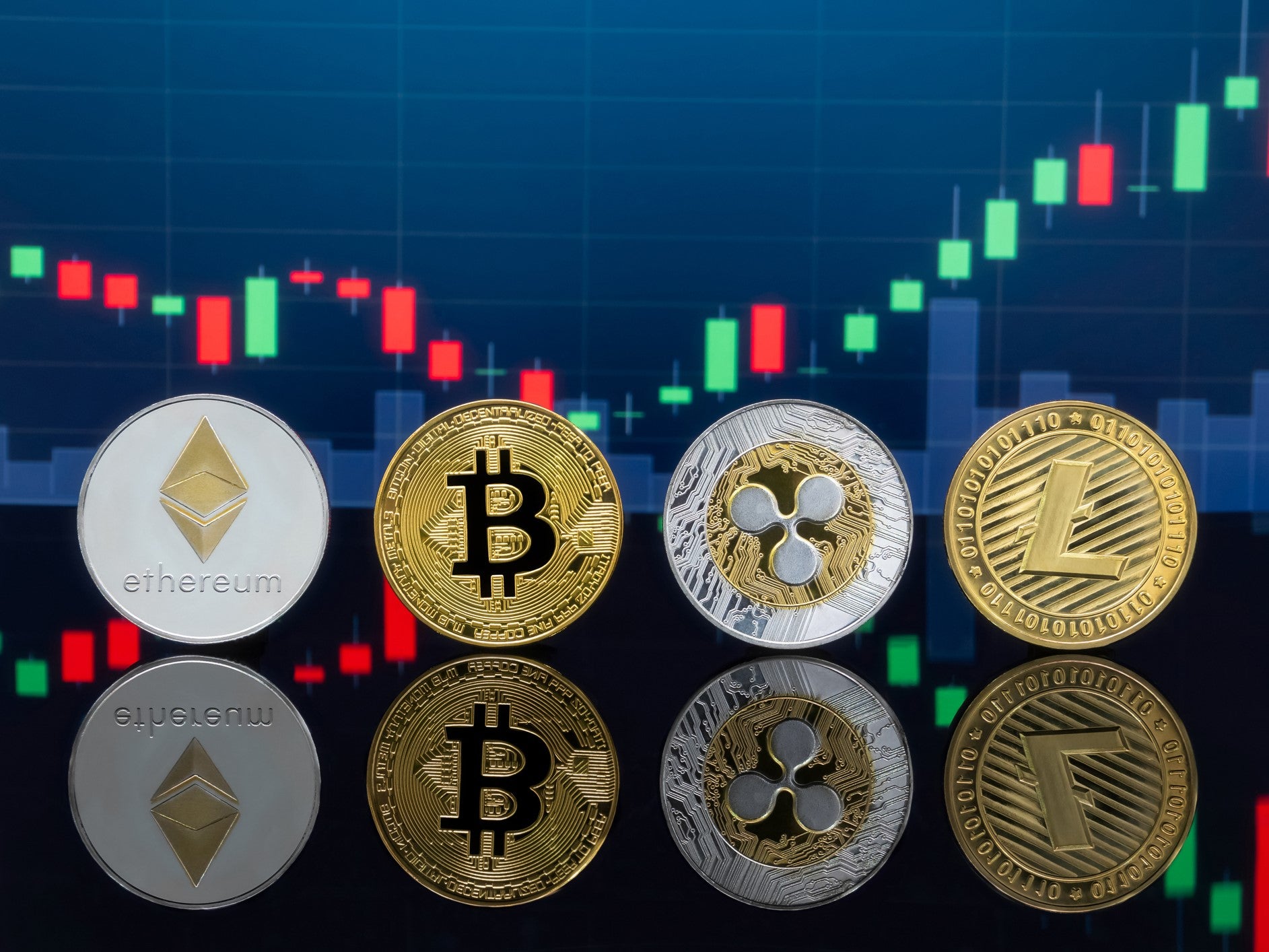The future of Bitcoin will be determined by China - not the West
The world’s second-largest economy is not simply prepared to crackdown on the cryptocurrency – it’s doing so


Your support helps us to tell the story
From reproductive rights to climate change to Big Tech, The Independent is on the ground when the story is developing. Whether it's investigating the financials of Elon Musk's pro-Trump PAC or producing our latest documentary, 'The A Word', which shines a light on the American women fighting for reproductive rights, we know how important it is to parse out the facts from the messaging.
At such a critical moment in US history, we need reporters on the ground. Your donation allows us to keep sending journalists to speak to both sides of the story.
The Independent is trusted by Americans across the entire political spectrum. And unlike many other quality news outlets, we choose not to lock Americans out of our reporting and analysis with paywalls. We believe quality journalism should be available to everyone, paid for by those who can afford it.
Your support makes all the difference.China has bitcoin by the throat. If Beijing wants the cryptocurrency to survive, it will survive. But if the Chinese authorities decides to kill it – perhaps because they fear it threatens their control over the financial system – they can do so.
That is the lesson of the past few days. There has been much analysis of China’s decision to regulate the market more closely and the banning of bitcoin mining in Sichuan province – but it is hard to pick out the signals from the noise. Bears, such as the famed author and mathematician Nicholas Taleb, feel that investors have underrated the power that governments have in controlling cryptocurrencies. In a paper published on Sunday he wrote:
“By its very nature, bitcoin is open for all to see. The belief in one’s ability to hide one’s assets from the government with a public blockchain…not just read by the FBI but by people in their living room, requires a certain lack of financial seasoning and statistical understanding — perhaps even simple common sense.”
Bulls, of which there are many, note that while the past few days have been highly volatile, the fundamental case for investing in something that has a finite limit to its supply will be even more attractive as inflation returns. Cathie Wood, chief executive of ARK, was a huge buyer of bitcoin during its meltdown of the past few days. She was undeterred by the so-called “death cross” of its price.
It takes two views to make a market, as the old saying on the stock exchange goes. So what is the new evidence?
Well one clear thing is that China has, for the time being at least, seems to have shutdown a number of bitcoin mines – “seems to” because we should always greet any such news with a certain scepticism. Since more than half of new bitcoins are mined in China, this will slow the creation of new coins and, other things being equal, should increase the price. So why did the price fall?
The best answer to that is that the ban on mining was more than offset by the other measures taken by China. These include the announcement by the People's Bank of China that it had asked the major banks and Alipay, Alibaba’s payment service run by its affiliate Ant Group, restrict crypto trading. Individuals can still hold cryptocurrencies, but they may find it harder to use them for normal purchases.
There is a powerful message here. It is that if you hold a lot of cryptocurrency the authorities will scrutinise your behaviour. They will want to know how you got the money, whether you have paid tax on it, and what you intend to do with it. In other words, holding crypto is a red flag. Far from your being able to use bitcoin to hide wealth from the government, it will actually increase the chance that the authorities will scrutinise your financial dealings.
The rest of the world will watch what China does. There is the simple point that it is on course to become the world’s largest economy by the end of this decade. What it does has a direct impact on global payment flows as well as national ones. But beyond that, if it takes the view that the cryptocurrencies are making global markets more volatile, then the other major governments around the world will probably agree.
To be sure there will be exceptions. El Salvador is pushing to make bitcoin legal tender and some other Latin American countries may follow. But that will not move the dial. The big call will be what the US Treasury and Federal Reserve decide to do. We don’t know how they will extract the American economy from its current surge in speculative activity. Cracking down on crypto would be unpopular, but maybe less unpopular that a sharp rise in interest rates.
The new information of this week however is that the world’s second-largest economy is not simply prepared to crackdown, but is doing so. If this proves a relatively painless way of curbing its boom, then expect others to take serious note.
Join our commenting forum
Join thought-provoking conversations, follow other Independent readers and see their replies
Comments